13, September 2022
African bishops remember Queen Elizabeth as ‘pillar of stability’ 0
Queen Elizabeth II was remembered for “certain lasting values of discipline, hard work, a sense of duty, honesty and meritocracy” by bishops in Africa after her death on Thursday at the age of 96.
When she ascended the throne in 1952, the United Kingdom still ruled over much of Africa, and her reign saw the era of decolonizing the British Empire. Most of English-speaking Africa now belongs to the Commonwealth of Nations, a free association of mostly former British colonies headed by the British monarch.
Bishop George Nkuo of the Kumbo Diocese in Cameroon’s troubled North West region told Crux that Queen Elizabeth stood as “a symbol for royalty and of good and lasting values.”
“She certainly will be remembered as one who despite the changes brought about by the Android age, continued to remind the world of certain lasting values of discipline, hard work, a sense of duty, honesty, and meritocracy.”
Archbishop Ignatius Kaigama of Abuja in Nigeria told Crux that he received the news of the Queen’s passing with “great sorrow and sadness,” noting that “news of the demise of the longest-reigning monarch in British history, and the oldest and longest-serving head of state in the world, came as a shock.”
He recalled that Elizabeth came to the throne promising to devote her whole life to the service of the British people.
“The queen reigned with grace, elegance, and a tireless work ethic to fulfill this declaration,” Kaigama said.
He said Elizabeth was the only British monarch the vast majority of Nigerians had ever known, and had developed “great admiration and filial affection for her.”
“What made Queen Elizabeth so special was that she grasped the full spiritual weight and responsibility of her office, and sought to execute it with that in mind,” Kaigama said.
He asserted that the queen put her Christian faith at the center of all that she did, “and this made her a pillar of stability in an ever-changing world.”
“Her Majesty was, indeed, the epitome of duty, stability, wisdom and grace. The axiom, ‘Service Untiringly done. Duty faithfully fulfilled,’ encapsulates her reign,” the Nigerian prelate continued.
“The queen touched the hearts of many with her dedicated service especially to the Commonwealth which remains an important trade partner, investor and development partner in many African countries, the biggest being South Africa and Nigeria. It is our hope that the Commonwealth could continue to offer stability and continuity in years to come, especially, during the reign of King Charles III,” the archbishop added.
Bishop Sithembele Sipuka, the president of the South African bishops’ conference, told Crux that Queen Elizabeth was “a source of cohesion and identity for her people.”
“With all the moral failures that have been noted both in the royal family and in the country, Queen Elizabeth was regarded as a moral barometer and an ideal of good behavior,” Sipuka said.
The Coptic Orthodox Church in Egypt, headed by Pope Tawadros II, issued a statement saying the queen leaves behind “a great legacy of noble humanitarian work and huge support to human rights and religious freedom.”
“We particularly remember her relationship with our Coptic Church and her support to its existence in Britain to serve the church’s children living there, and this support was manifested in decorating Bishop Angaelos of the Coptic Orthodox in the UK with the Order of the British Empire (OBE),” the Egyptian church said in a statement.
Queen Elizabeth has been succeeded by her eldest child, Charles III. She will be laid to rest on Sept. 19.
Culled from Crux
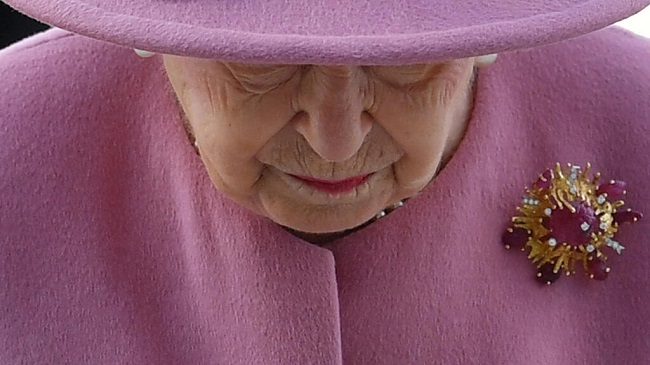
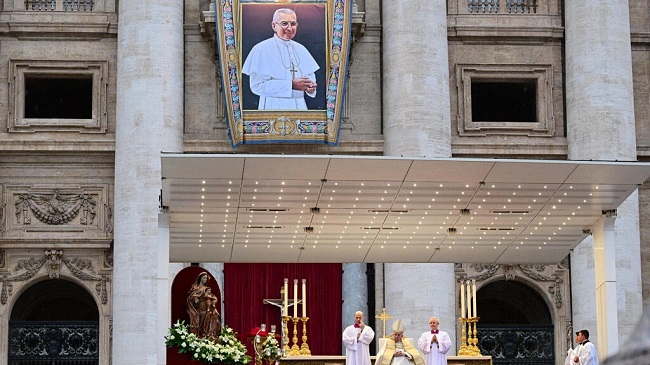
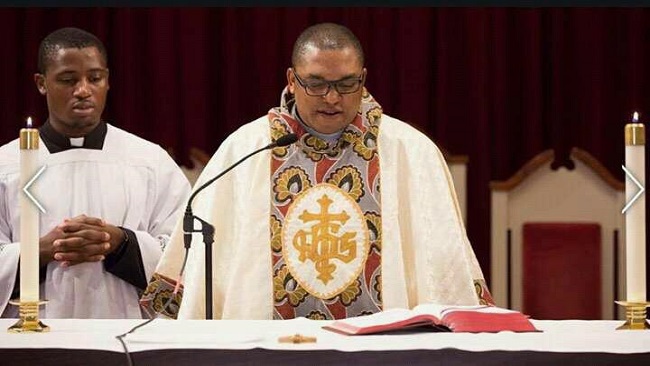
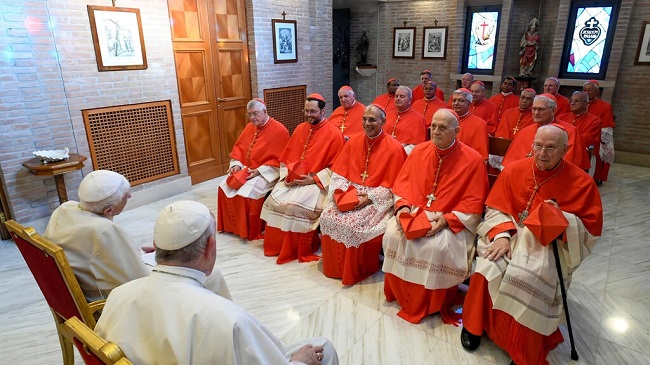

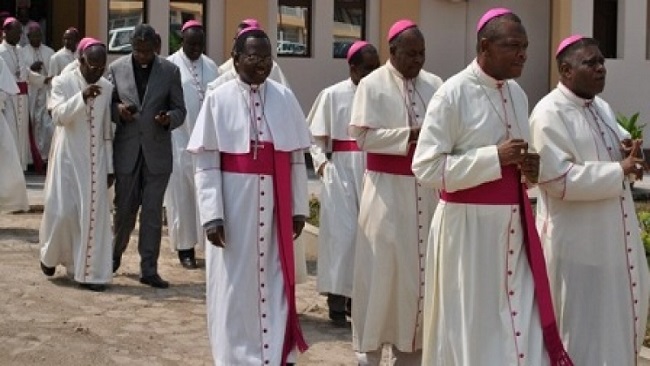

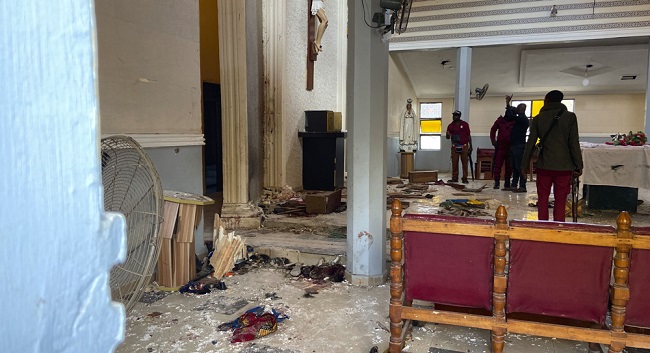


















13, September 2022
The Holy Father Pope Francis arrives in Kazakhstan to promote ‘dialogue’ 0
Pope Francis, warned by doctors not to travel to Ukraine, arrived in Kazakhstan in Central Asia on Tuesday for a three-day visit to promote dialogue and peace in the ex-Soviet region.
The Argentine pope, who is forced by knee pain to use a wheelchair and has admitted he must slow down or consider retirement, will take part in an inter-religious summit in the capital, Nur-Sultan.
His plane landed shortly after 5:15 pm (1115 GMT), an AFP journalist onboard said, and the 85-year-old pontiff was already meeting shortly after with President Kassym-Jomart Tokayev before giving a first speech to the authorities and the diplomatic corps.
Francis said Sunday that the 38th trip abroad since his election in 2013 would be “an opportunity… to (have a) dialogue as brothers, animated by the common desire for peace, peace that our world is thirsty for”.
Russian Orthodox Patriarch Kirill, a close ally of President Vladimir Putin, was initially expected but has pulled out of the September 14-15 event, dashing hopes of a meeting with Francis over the Ukraine conflict.
While the pope has called for peace and denounced a “cruel and senseless war”, Kirill has defended Putin’s “military operation” and the fight against Russia’s “external and internal enemies”.
About 100 delegations from 50 countries are expected to take part in the event in Kazakhstan, a former Soviet republic that gained independence in 1991.
“Dialogue, a coming together, the search for peace between different religious and cultural worlds are at the heart of this trip,” Vatican spokesman Matteo Bruni said Monday.
Tensions
Tokayev, 69, is an ally of Russia, though there have been tensions between the two countries since Moscow launched the invasion in February.
He has refused to support the war and the presence of a large Russian community in the north of Kazakhstan has sparked fears of a revival of Moscow’s imperial ambitions in the area.
Kazakhstan borders other former Soviet republics, as well as China and the Caspian Sea.
Lyudmila, a 74-year-old pensioner who declined to give her last name, said she hoped the Papal visit would encourage people around the world to learn more about Kazakhstan.
“Maybe it will raise the profile of our country, that such a great spiritual figure is visiting us,” she told AFP.
On Wednesday, Francis will address the opening of the plenary session of the Congress of Leaders of World and Traditional Religions, before celebrating a mass in the afternoon and winding up his trip Thursday by meeting Catholic leaders.
Chinese President Xi Jinping will be in the country at the same time as Francis at a time when the Vatican is hoping to renew a historic accord appointing bishops in China.
Asked by journalists during the flight about a possible meeting with Xi, Francis said he had “no information” about any possible talks.
He added, however, that he was “always ready to go to China”.
Energy-rich Kazakhstan has 19 million inhabitants, 70 percent of whom are Sunni Muslims, while 26 percent are Christians — mainly Russian Orthodox. Less than one percent are Catholic.
Tokayev began a series of reforms after his election in 2019, but the country was rocked by protests over fuel prices earlier this year that left more than 200 people dead and shattered its image of stability.
Francis is the second pope to visit Kazakhstan after John Paul II’s trip in September 2001.
He said last week that doctors had forbidden him from travelling to Ukraine or Moscow for now, as he recovers from a knee problem that has forced him to cancel numerous events at the Vatican.
Source: AFP